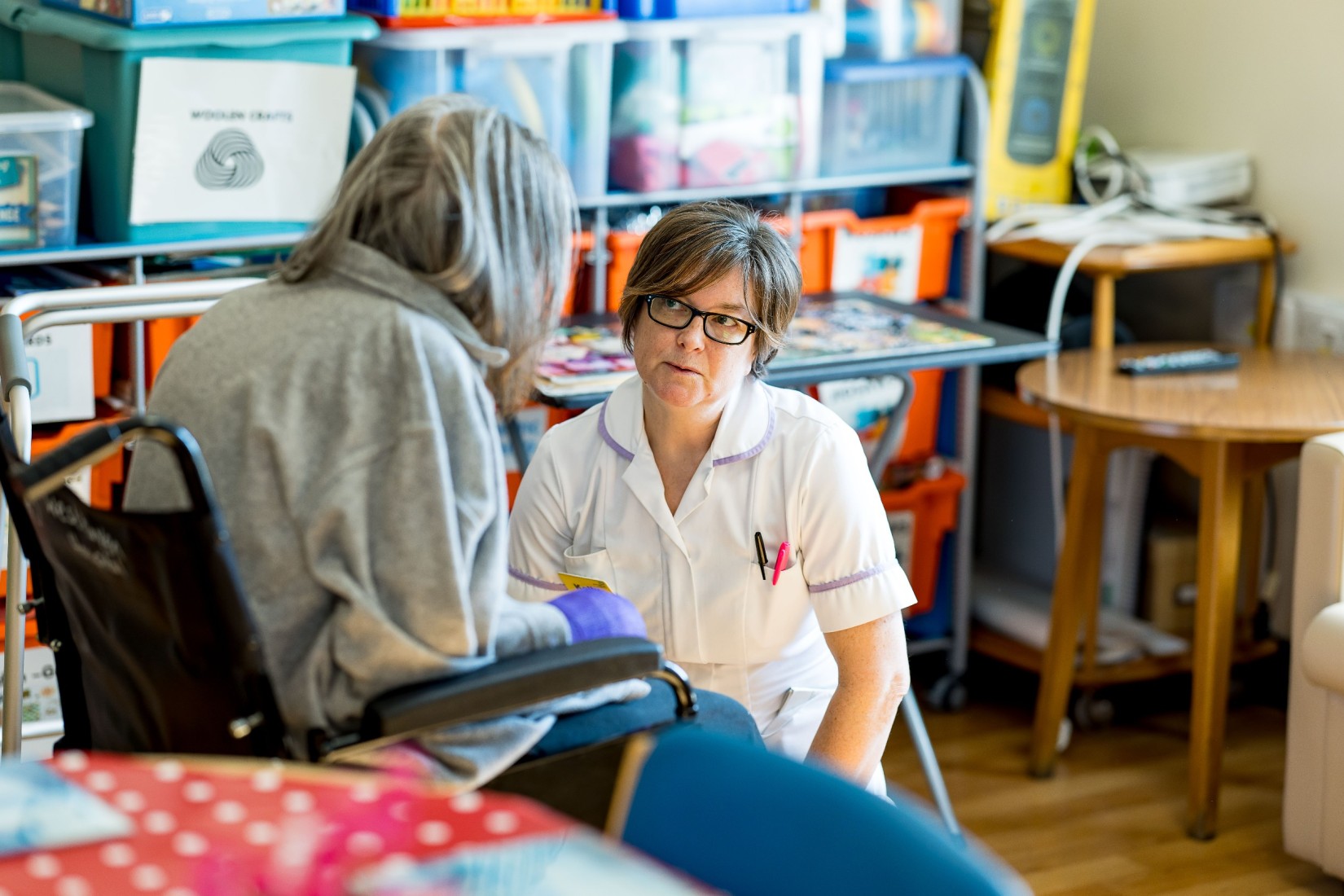We provide specialist support to people across Dorset whose lives have been changed as a result of a severe brain injury.
Our acquired brain injury rehabilitation service (ABIRS) carries out assessments and offers a variety of treatments to help people on the road to recovery. These include occupational therapy, psychological support, physiotherapy, and speech and language therapy.
We work to help people manage risk and achieve their long-term goals in areas such as day-to-day living, work, education and relationships. Our staff provide continuity of care from hospital discharge through to rehabilitation at home, with the aim of enabling people to live as independently as possible and improve their quality of life.
We deliver services in clinics, in patients’ homes or in the community. Please note, however, that we may need to work with individual patients over several months and can take on only a limited number of referrals at a time.
On the below pages you’ll find information to help you or your loved one manage the impacts of a brain injury.

Key information about this service
People with a confirmed diagnosis of a newly acquired brain injury are usually referred to us by their GP or consultant straight away. If you have hurt your head and have concerns about the health of your brain, it is best to talk to your GP first and discuss if a referral to a brain injury consultant or ABIRS would be helpful for you.
Headway – the national brain injury association
Helpful information booklets
Supporting children when a parent has a brain injury
Caring for someone after a brain injury
Useful apps
Local support services
Mental health support
Connection: 0800 652 0190 – free 24/7 helpline for people of all ages in Dorset who are experiencing mental health problems and need support (you can also call NHS 111).
Community Front Rooms – drop-in rooms open to anyone over 18 where you can speak to mental health professionals and peer specialists.
The Retreat – a safe place to discuss your problems and access peer support (18 and over).
Steps2Wellbeing (S2W) – offering a range of support to help you manage problems such as depression, anxiety, stress, post-traumatic stress disorder and more.
Recovery Education Centre (REC) – courses and other support to help people recover from mental health issues.
Dorset Mental Health Forum – advocacy and support for anyone aged 18 or over with mental health issues.
Dorset Mind – 1-2-1 and group peer wellbeing support, information and resources for adults and young people aged 11+
Self help for BACES (body, achieve, connect, enjoy, step back)
Health and fitness support
Live Well Dorset – advice on keeping fit and staying healthy
Drugs and alcohol – who to contact if you have drug dependency issues.
Social support
The Disabilities Trust – charity which supports people with acquired brain injuries
Ignite – helping people get back to work.
Dorset Advocacy – giving a voice to people with long-term health conditions.
Advice Dorset – a list of agencies providing advice, information and support.